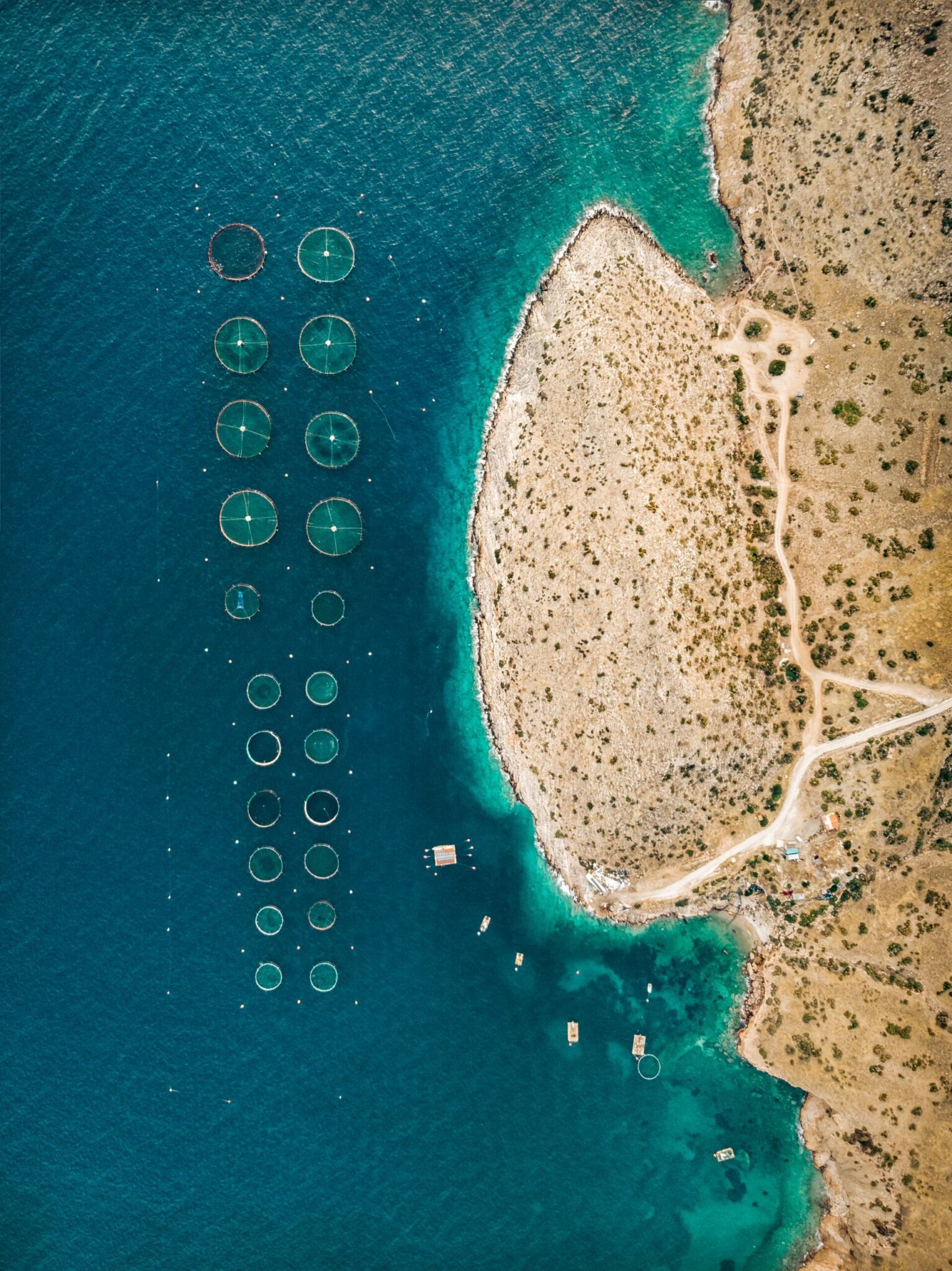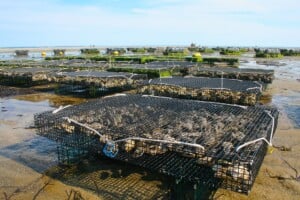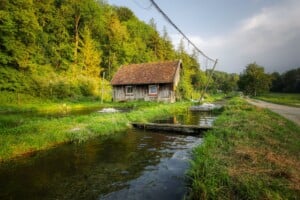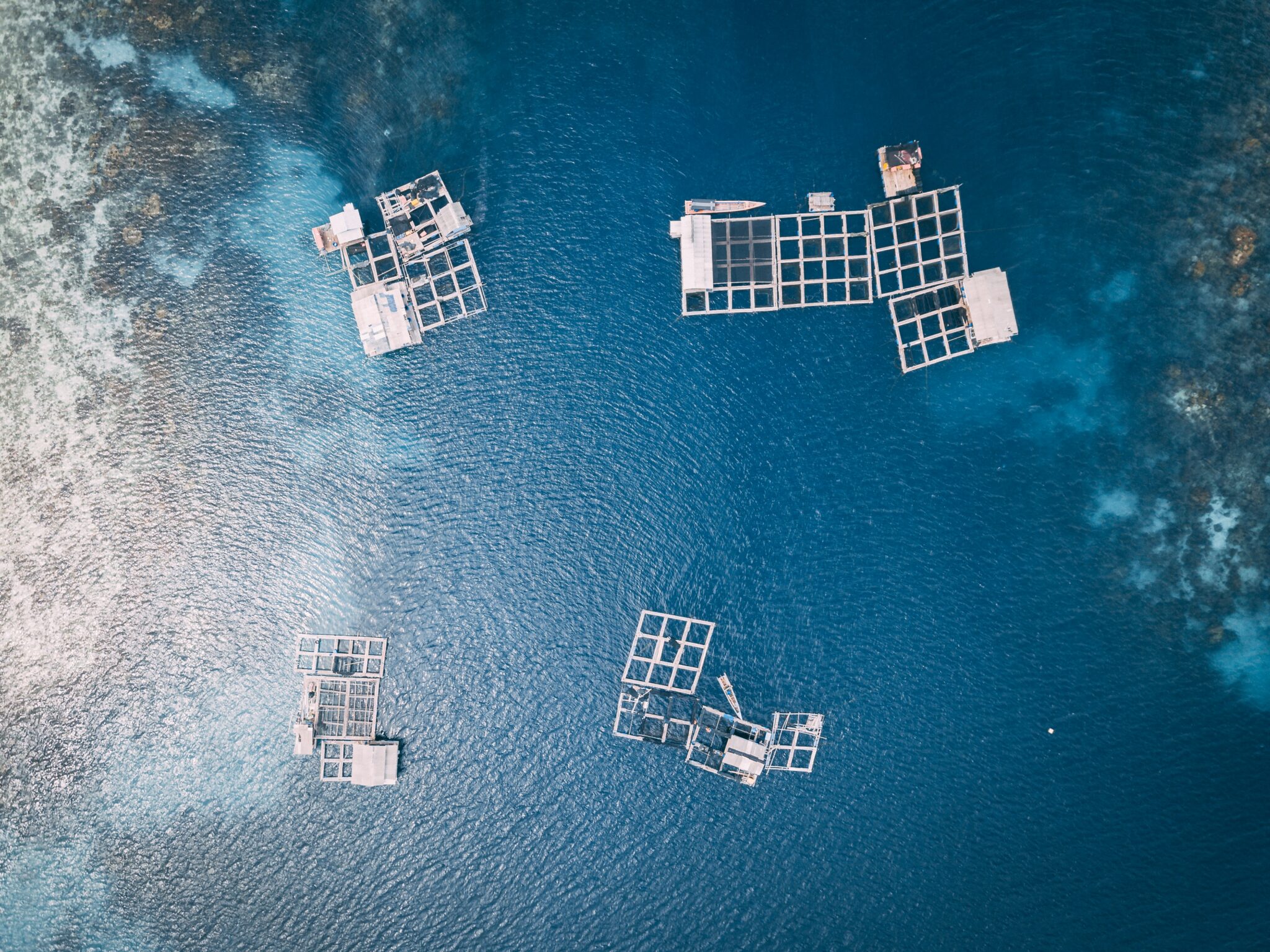It is well-established that Latin America is by far the most biodiverse continent in the world. Home to the largest rainforest on the planet, the longest mountain range in the world, as well as some of the greatest deserts, Latin America plays host to the most diverse set of habitats known to man. However, what many would consider a greater wealth is that of the aquatic diversity. Access to both the Pacific and Atlantic oceans, north as well as south and the hundreds of thousands of kilometers of rivers and lakes present Latin America with an unprecedented abundance of aquatic life and opportunity for aquaculture.
The increasing global populations and the reducing available land for livestock are steering many to look in the direction of fish for their daily source of protein. Natural stocks, however, can no longer sustain the population entirely leading aquaculture to be a growing necessity. According to the Food and Agriculture Organization (FAO), “aquaculture is the farming of aquatic organisms in both coastal and inland areas involving interventions in the rearing process to enhance production”. The global market has expanded so far that it is estimated that 50% of all fish consumed is from the aquaculture industry.
Though Aisa is the out-and-out capital of aquaculture, the market has grown significantly in Latin America over the last 20 years and is currently ranked as the second-largest market in the world, worth USD$6.6 billion in 2018.

Business Opportunties in sustainable aquaculture in Mexico
Mexico is known for its strong commitment to sustainable development and its aquaculture sector is no different. Thanks to its innovative public policies and continuous improvement to sustainability legislation, Mexico will host the 11th Meeting of FAO’s Aquaculture Subcommittee, to be held in 2021. The main objectives of the meeting are to analyze and evaluate the aquaculture activity worldwide and to verify the main trends for developing aquaculture. On top of this, experts will look into the issues aquaculture is presenting to waterways, notably the growing use of antibiotics and the polluting effect it has on waterways.
Mexico’s aquaculture industry is home to 61 cultured species, mostly native with some introduced. In 2017, Mexico produced close to 250,000 tons of fish and shellfish from aquaculture.
Doing Business – Chile and Ecuador access the Pacific jewel
The South American Pacific Coast is sustained through rich sea currents from the South Pole. These diffuse micro-organisms and nutrients up to the Latin American Pacific coastline feeding its marine ecosystem. With the help of this current as well as specialist scientists, fish farmers are able to replicate these natural ecosystems within large open-water cages, creating large, healthy fish within a reduced timeframe than the natural product. The advantage from the life-giving south pacific currents significantly help Chile and Ecuador grow their industries to world-renowned. Consequently, Chile is the world’s second-leading salmon exporter after Norway, while Ecuador is one of the largest tuna exporters. The largest aquaculture export markets for both of these countries is North America and Asia.
Chile’s long southern coastline from Puerto Montt to Punta Arenas is dotted with salmon farms. In Ecuador, the Manabi region is attractive for investors in the aquaculture business. It provides easy access by road, a seaport, and an International airport. Both of these regions have a long heritage and a deep understanding of fishing. When the fishing industry slowed, the aquaculture industry emerged, employing thousands of already-qualified workers.
As necessity increases for aquaculture production, Chile and Ecuador will have to look for new innovations within the industry. Updates in Chilean biotechnology are already showing positive results. Research and development in this industry is vital for the sustainability of the Pacific.

New technologies in Brazil
Due to the fact that it is the largest country in Latin America, besides having a vast ecosystem (both at sea and inland), Brazil has one of the most attractive destinations for large-scale aquaculture production.
As a consequence of the growth of aquaculture in the last 15 years, driven by domestic consumption and exports, Brazil hosts some of the largest private enterprises in the global aquaculture chain. To ensure the development of aquaculture in Brazil, producers are using equipment developed to optimize production, such as pond aerators, automatic feeders, and genetic improvement. One of the greatest threats aquaculture poses is the danger to water pollution. Brazil is one of the world leaders in developing projects focused on maintaining water quality in aquaculture. With the help of a USD$45 million grant from the government, Brazil has recently opened 22 research centers with the target of looking into innovations in the sector.
Government plan in Costa Rica for Doing Business
Costa Rica has presented a “Strategic Plan for Aquaculture¨ for the years between 2019 – 2023. It aims to greater develop, manage, and strengthen this business sector. Such a plan is the result of an agreement and government interaction with businesses that participate in aquaculture. The plan will combine the knowledge of public, private, as well as academic representatives. With this collective of expertise, it is likely to improve the competitiveness of the sector. For the next 4 years, the government intends to implement the plan and make this activity more organized, so that its development occurs neatly, in addition to respecting the natural conditions of the environment and species.

The plan will be put into practice through (i) training of producers, which will lead to technology, research, and development; (ii) strengthening of domestic markets; (iii) and infrastructure improvements. Costa Rica is slowly awakening to the opportunities presented by a more scientific approach to aquaculture. Business opportunities, whether in research and development, fish farming itself or even distribution, the opportunities available to foreign investors are plentiful.
How can Biz Latin Hub assist you with doing business?
To overcome the growing demand and with natural artisanal fishing is no longer sustainable, world food producers are increasingly looking to aquaculture as the solution to shortages. Where there is demand, there are opportunities to supply. With extensive experience already in the industry, as well as large effort going into research development and innovation, Latin America serves as an ideal location to locate aquaculture businesses. To accompany it’s already excellent reputation, Latin America presents foreign investors with a number of other opportunities: a cheap workforce, a range of climates and environments for all fish and shellfish species and a welcoming, business-friendly culture.
Before getting started in Latin America, partner with accounting and legal experts for local support. With the right market entry strategy, your Latin American expansion can achieve long-term success. At Biz Latin Hub, our team offers comprehensive market entry and back-office services. We provide customized business solutions to suit your needs. To find out more, contact our business experts here at Biz Latin Hub.
Learn more about our team and expert authors.





